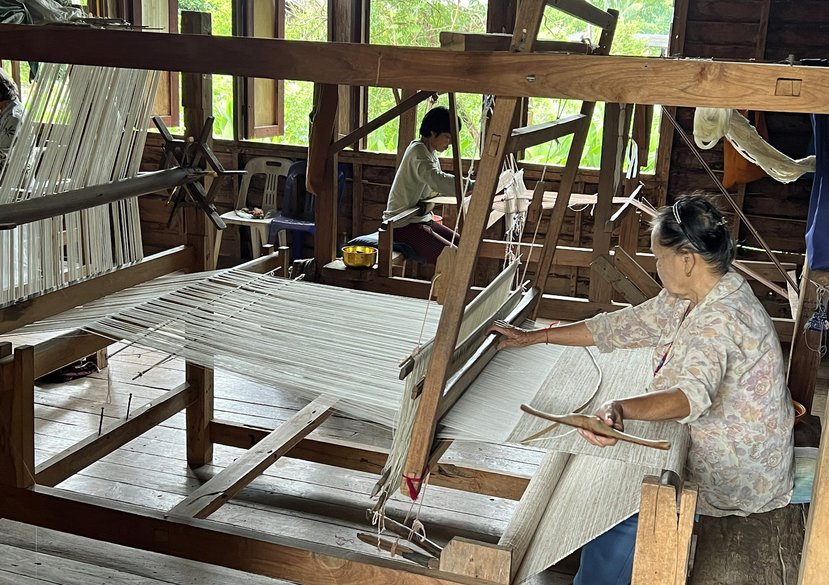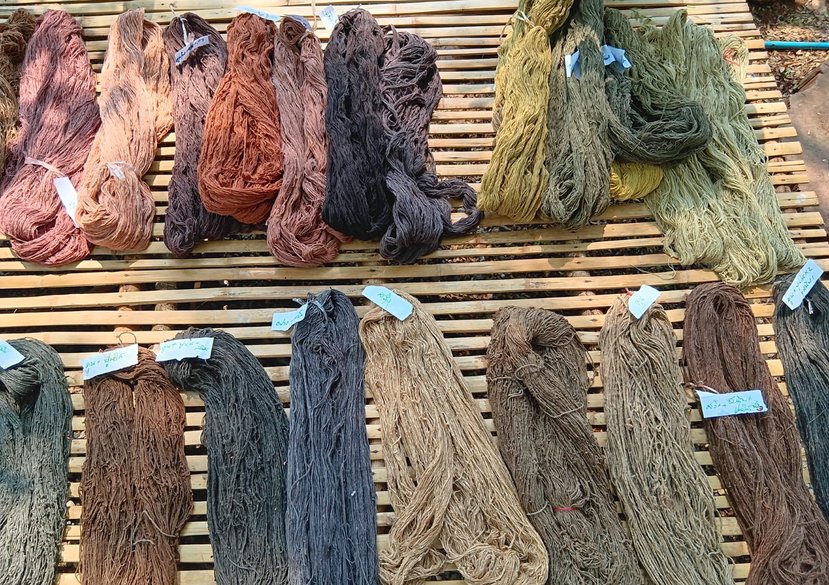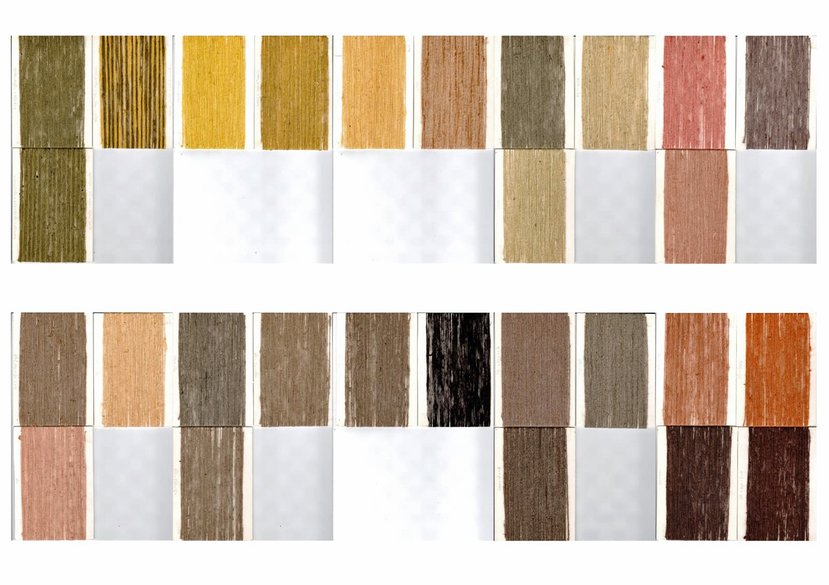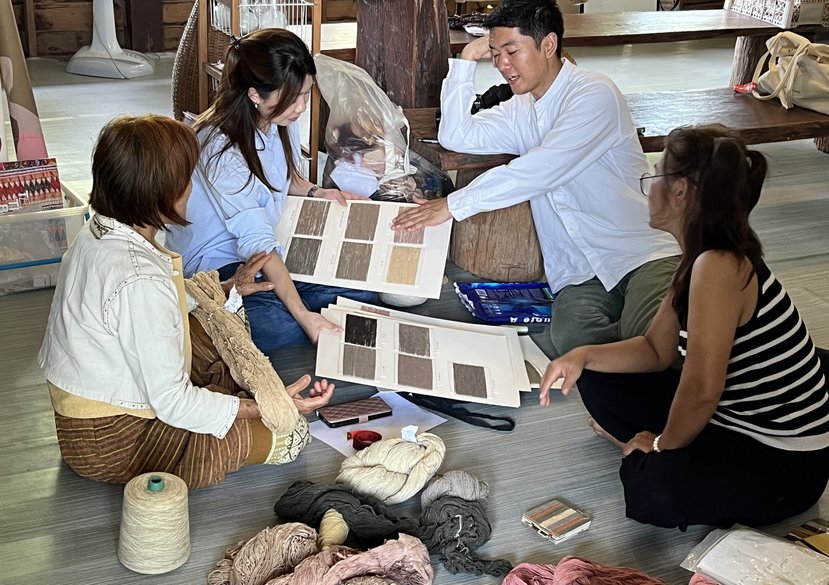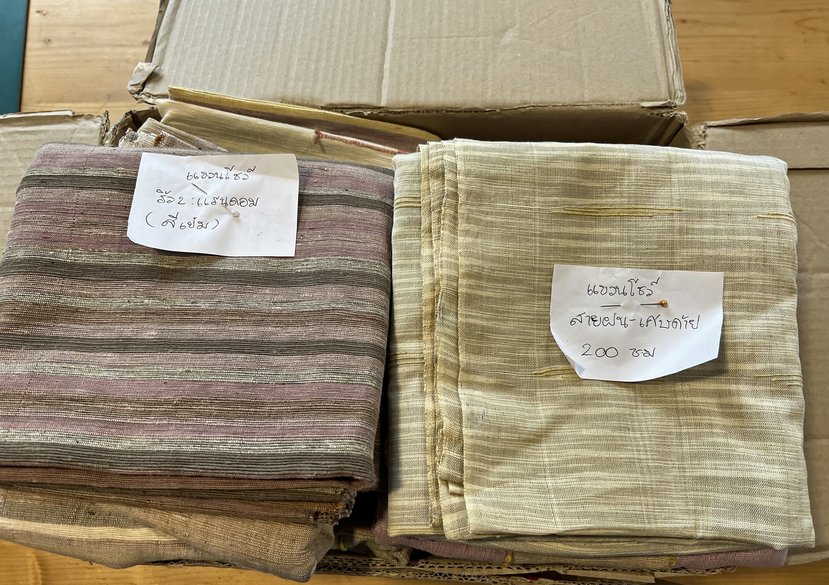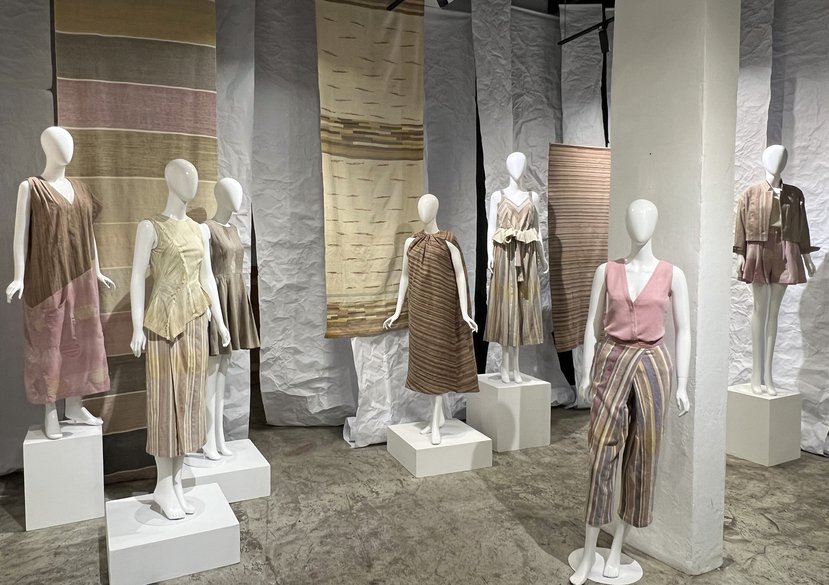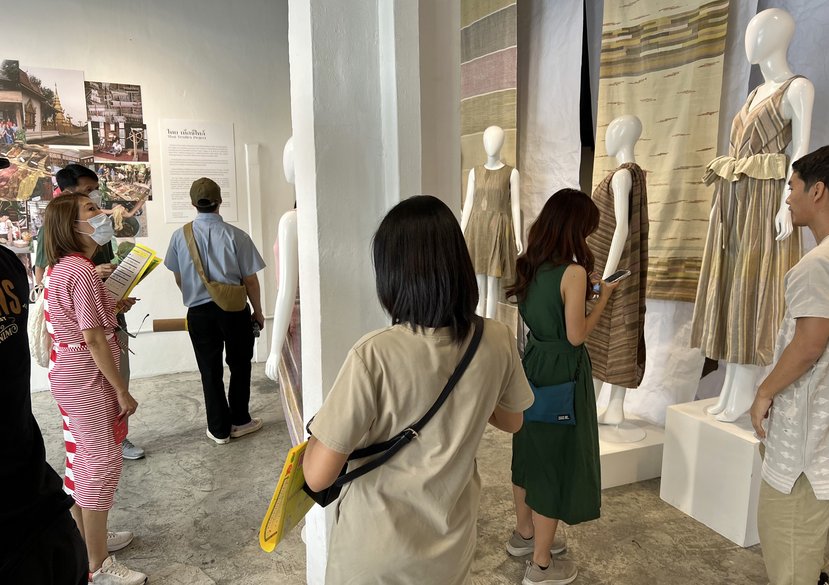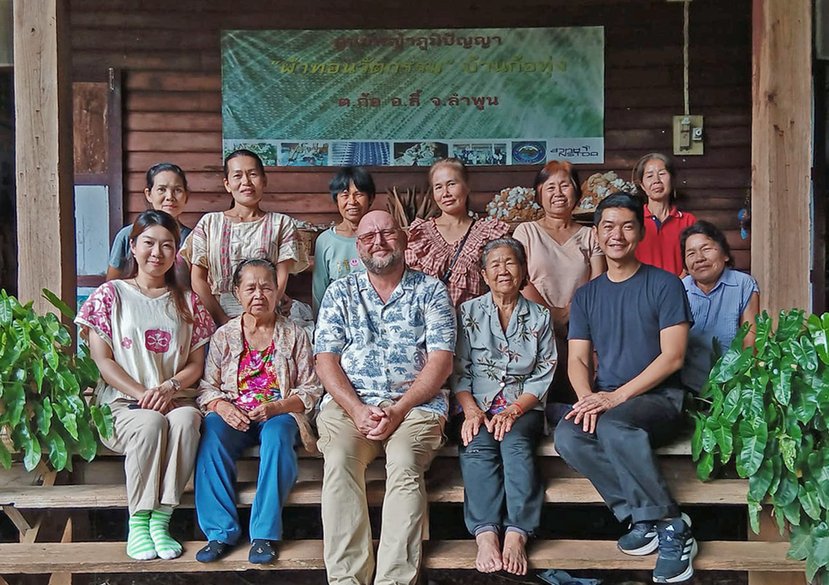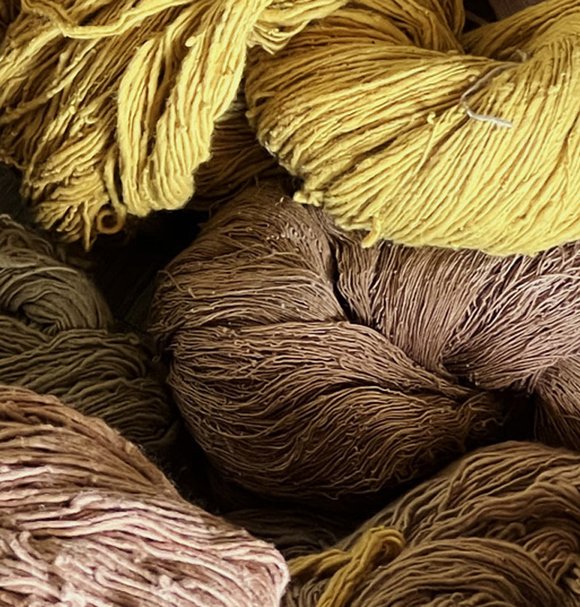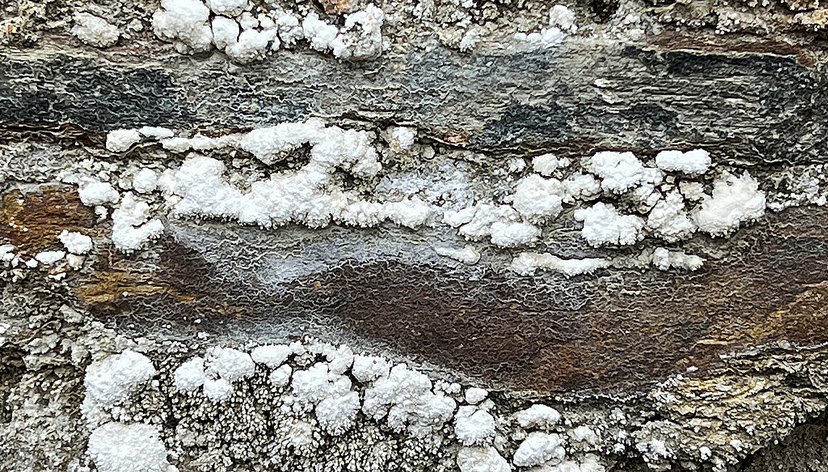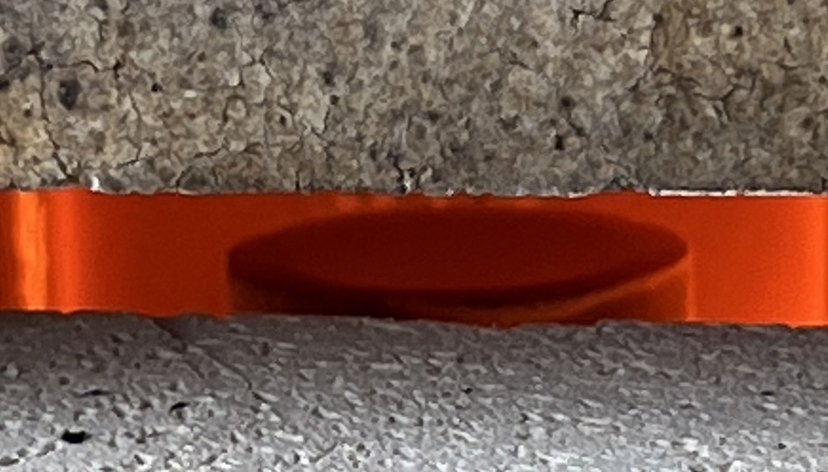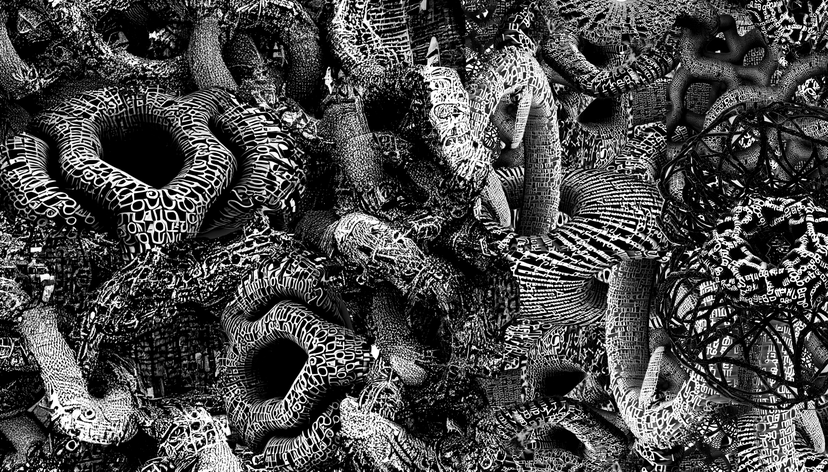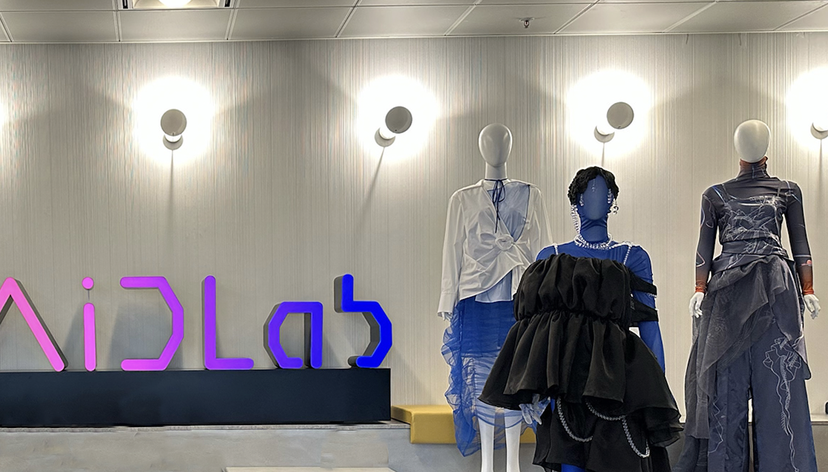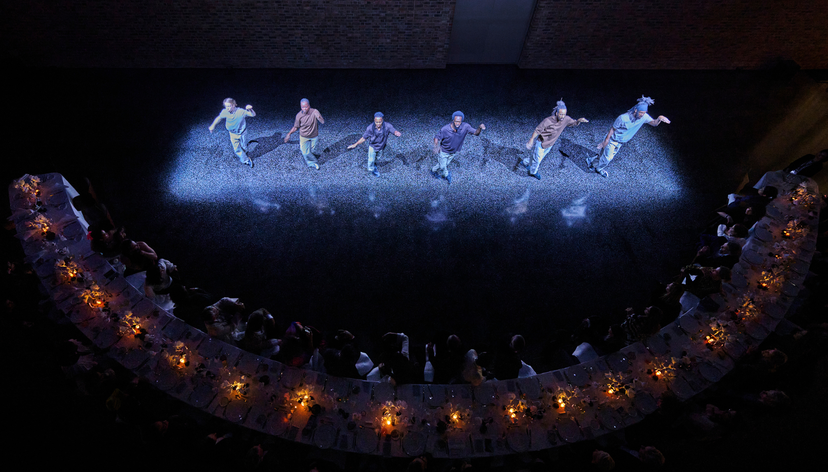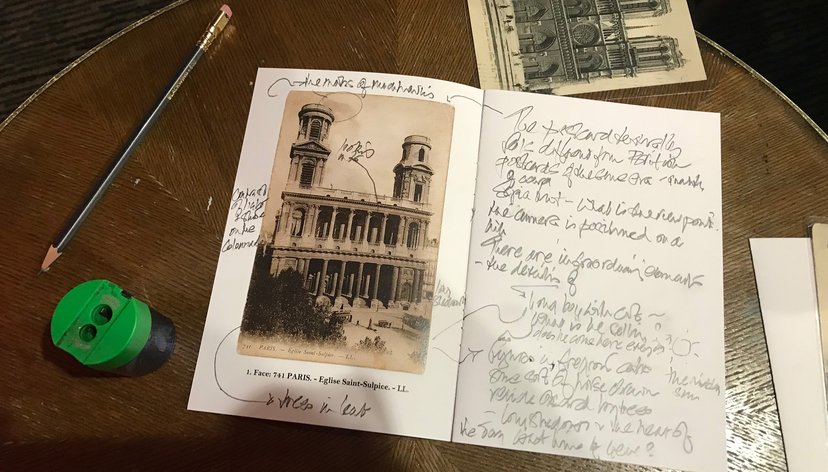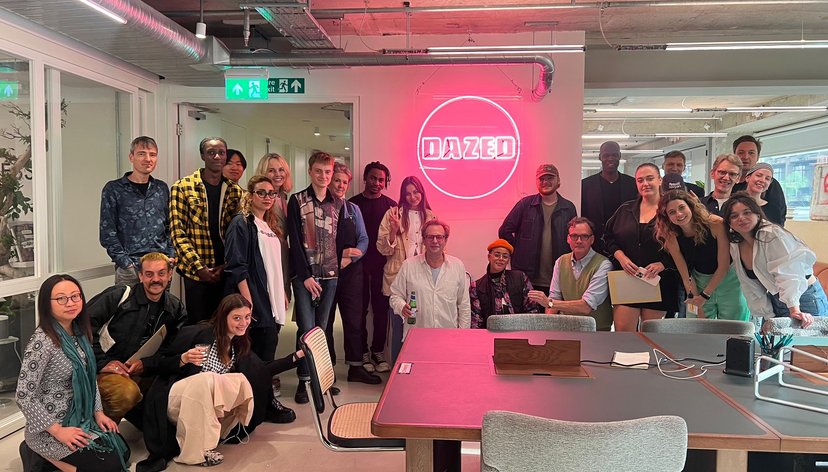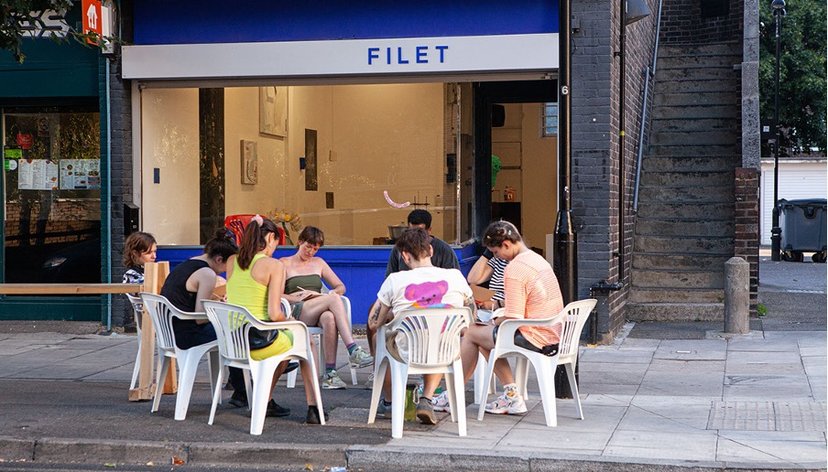
Supporting Sustainable Craft Weaving is an engagement project in Ban Kor village, Thailand. The project is supporting the development of new woven products and local cotton growing, processing and dyeing.
At a glance
- Supporting Sustainable Craft Weaving is a follow-on engagement project developed from the Thai Textiles Project.
- Professor Peter Oakley, the Principal Investigator, collaborated with Co-Investigators Dr Wuthigrai Siriphon and Dr Nalinee Netithammakorn from Thammasat University in Thailand.
- The project team worked with Ban Kor Cotton Weaving Community Enterprise for the Elderly, a weaving community based in Ban Kor, a village in Mae Ping National Park, Lamphun Province, Thailand.
- Woven wall hangings, dyed yarn samples, and prototype garments from the project were exhibited at Bangkok Design Week in 2025.

Key details
Gallery
More information
Partners

Thammasat University is Thailand's second oldest university, inaugurated in 1934.
It has evolved into a prestigious international research university offering academic degrees at all levels and producing cutting edge research across a broad spectrum of academic disciplines.
More than 300,000 students have graduated since its founding, and many have gone on to make great contributions to the development and progress of Thailand and the world. Notable university alumni include former Prime Ministers, leading politicians and government figures, Bank of Thailand governors, supreme court judges, and provincial governors, as well as experts in various fields.

Dr Wuthigrai (Fa) Siriphon is an award-winning weaver, designer and a researcher based in Thailand. He received a PhD in Textiles from the Royal College of Art in 2018. Dr Siriphon’s works explore ways to rethink and revitalise traditional crafts while balancing between the integrity of tradition and an exploratory approach to practice. His projects often combine traditional Thai craft techniques and materials with new design approaches. Dr Siriphon is Vice-Dean of Academic Affairs for the Faculty of Fine and Applied Arts at Thammasat University, Thailand.

Dr Nalinee Netithammakorn is a lecturer, researcher and the Head of the Department of Textile and Fashion Design, Faculty of Fine and Applied Arts at Thammasat University. She received her PhD from De Montfort University. Dr Netithammakorn’s research focuses on enzyme-catalysed coloration, sustainable design practices, and colour chemistry for textile applications. Her work aims to bridge the gap between scientific innovation and design practice in the textile and fashion industry, emphasising environmentally sustainable approaches. Nalinee actively collaborates with industry partners to apply her findings to real-world challenges in textile production, promoting the adoption of sustainable technologies.

Ban Kor Cotton Weaving Community Enterprise for the Elderly is a weaving cooperative based in Ban Kor, a village in Mae Ping National Park, Lamphun Province, Thailand.
The challenge
Thailand has a vibrant craft weaving sector, sustained in large part through local purchases of the textiles produced, though there are also aspirations to export these products. However, many rural craft weavers in Thailand are currently dependent on the international market for their cotton, and this is typically coloured using industrial dyes. The weavers do not have the time or resources to experiment with more sustainable materials.
Ban Kor Cotton Weaving Community Enterprise for the Elderly is one of the few groups of weavers sourcing and processing locally grown cotton. Until now, their products have relied on the natural colouring of the cotton they source locally, rather than taking advantage of the extended design opportunities that using dyes can offer. Whilst the weavers wanted to extend their product range to appeal to a wider base of customers, they also wanted to use natural dyes to achieve this.
Supporting Sustainable Craft Weaving was initiated as an engagement project to support the weavers in developing dyeing skills and new products using the results of this experimentation. The project was made possible by funding from the RCA’s Research Impact Development Scheme (RIDS). RIDS is supported by an Impact Accelerator Account award from the AHRC.
Supporting Sustainable Craft Weaving is being delivered as part of the Ban Kor Sandbox initiative.
Our approach
Supporting Sustainable Craft Weaving was conceived as a co-production project, engaging with a group of rural weavers to help them extend the viability of their production approach, whilst retaining the integrity of their current sustainable sourcing and production processes and the authenticity of their products.
Consequently, the work to date has consisted of a series of negotiated activities that are designed to benefit the weavers directly through the development of new dyeing skills, or indirectly, by linking the project activities to direct funding opportunities (e.g. the commissioning of finished pieces for display in exhibitions) and promoting the enterprise and its products to a wider audience.
Having demonstrated the viability creating of new products using natural dyes, the project team will now be considering what routes to new markets are the most suitable and operational for the weavers in the longer term and offering support to develop these.

Activities
The project activities included on-site dyeing workshops for the weavers, design development meetings with members of the weaving enterprise, and an exhibition at Bangkok Design Week (BBKDW). This consisted of sets of woven textile hangings, dyed yarn samples, and prototype garments utilising the new designs and dyed cotton that had been commissioned from the weaving enterprise by the project team for the displays.

Outputs

A selection of the woven hangings and prototype garments were shown in the Thai Textiles exhibition at The Nestel Gallery, Bangkok, as part of Bangkok Design Week, 8-16 February 2025.
